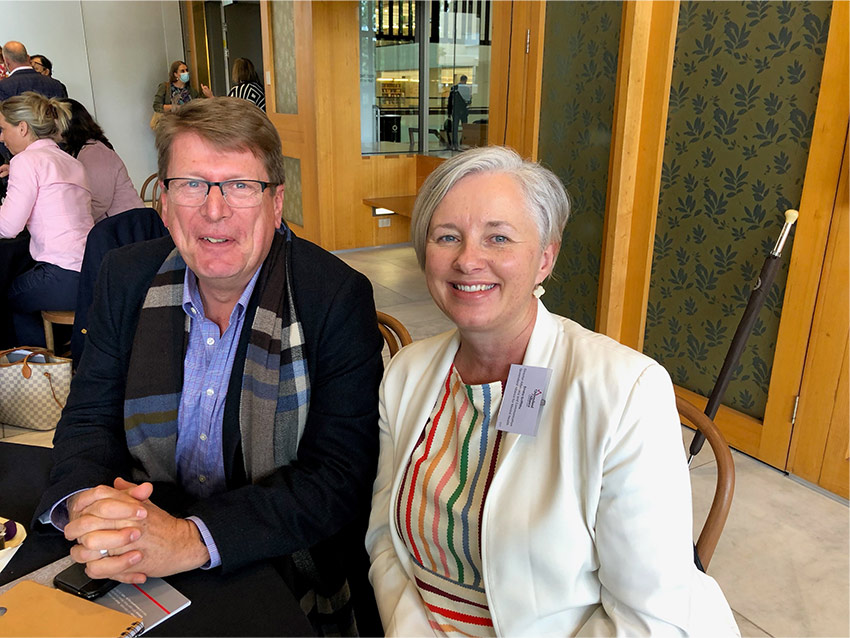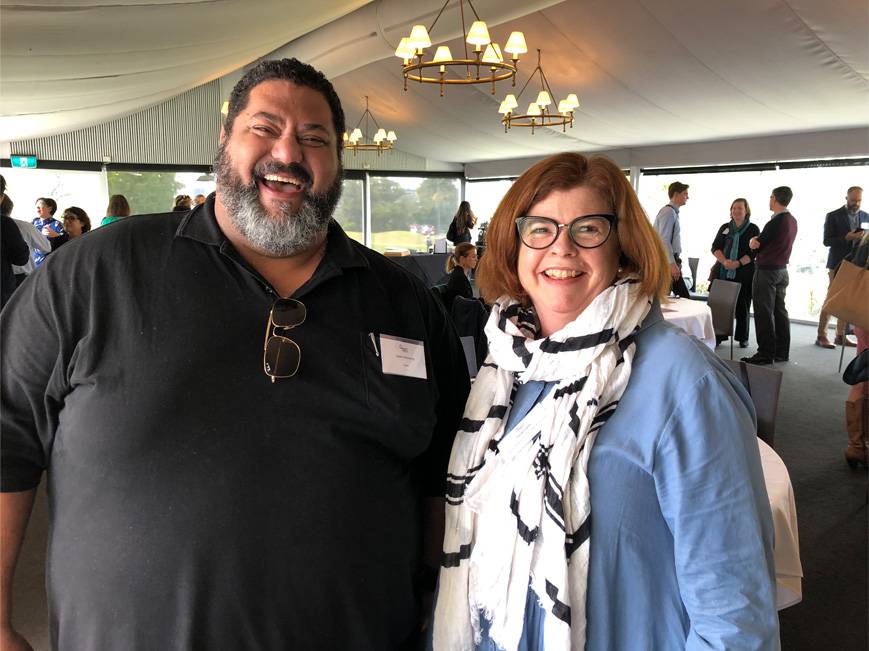
Queensland Disability Reform – Foundational Supports Joint Peak’s Submission
14 May 2024
Category: Submissions
QAMH and the Psychosocial Peak Body contributed to this paper produced by the Queensland Disability Peak on key considerations for foundational supports and core functions that need to be delivered in Queensland to meet the gaps and needs of people with disability and their families. The paper includes target groups, elements of the model and services as part of initial discussion and design considerations for the Queensland Government to consider.
QAMH recommends that the target group for psychosocial foundational supports are people experiencing mental illness who are not currently eligible for the NDIS. This includes at risk children/youth and their families/carers. The paper identifies the following key elements for consideration in the design of the psychosocial foundational support model:
- Well resourced, locally co-designed services that encourage innovation, respond to local needs and maximise local strengths, resources and networks
- Includes a mix of place-based and outreach services
- Ensures wide ranging referral pathways, including self-referral
- Not strictly time-limited
- Broad and simple eligibility criteria and access processes
- Easy to enter / exit / re-enter as required
- Prevention and recovery focused model
- Provided in naturally occurring places in the community
- Wellbeing not illness focused
- Strong focus on social prescribing
- Includes a wide range of service options including those that are tailored to First Nations Australians, multicultural and other diverse groups e.g. LGBTIQ+
- Provided by skilled staff with access to quality training and supervision.
- Embed lived experienced voices in program design, delivery and evaluation so that codesign and coproduction with people with lived experience is the benchmark
- Use recovery-oriented, trauma-informed skills and knowledge when working with people to re-establish their lives beyond illness
- Whole of life approach and supporting people to navigate and respond to their broader needs including housing, employment, legal issues, family support and alcohol and drug challenges
- Draw on “community” at the heart of their work providing opportunities for people to re-engage with their relationships and natural community, reducing social isolation and loneliness – key determinants for mental wellbeing
- Uphold a human rights approach which values least restrictive practice and operate from a social justice framework, that can empower individuals and communities to change structural inequalities.



 QAMH acknowledges the Traditional Custodians of the land on which we live, learn and work and recognise their continuing connection to land, waters and community. We pay our respect to them and their cultures; and to Elders past, present and emerging.
QAMH acknowledges the Traditional Custodians of the land on which we live, learn and work and recognise their continuing connection to land, waters and community. We pay our respect to them and their cultures; and to Elders past, present and emerging.